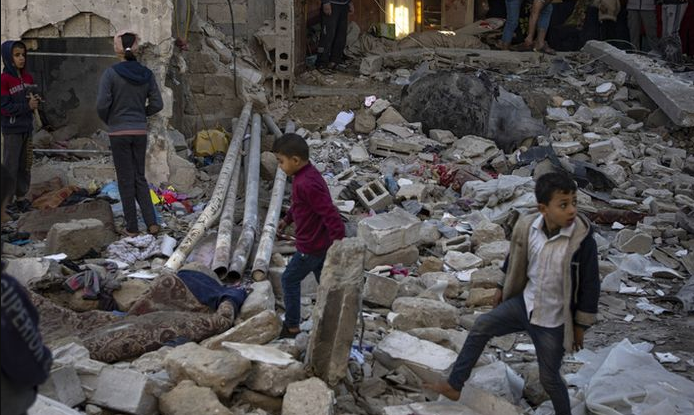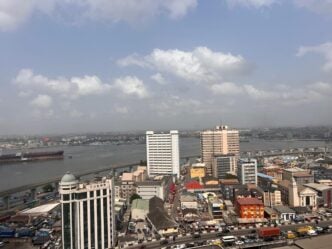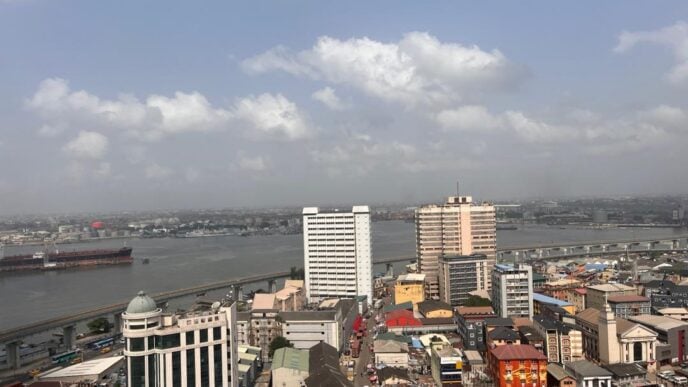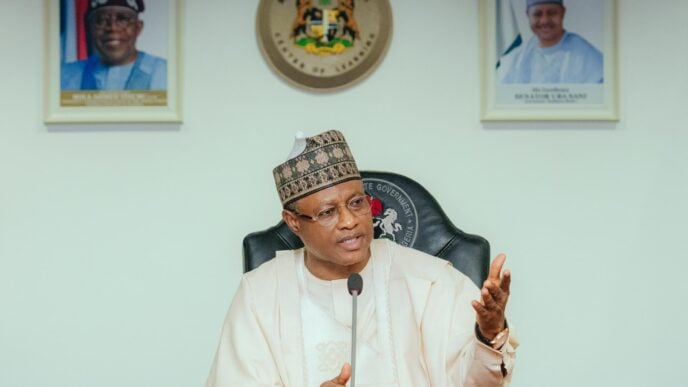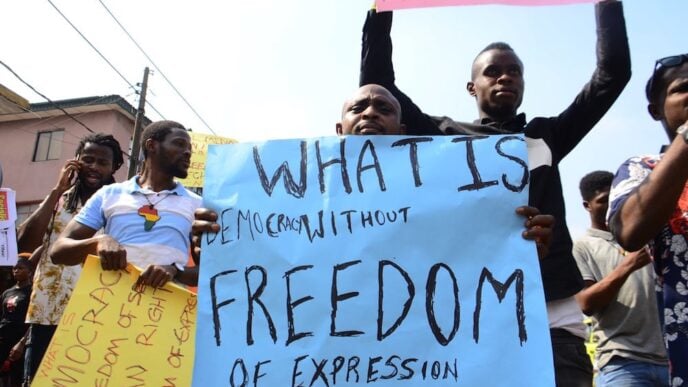Children in Gaza following an Israeli air strike | File photo
BY MOHAMMED HIGAZY
The use of international sanctions as a tool for political pressure has a long and complex history. One of the most significant and often-cited examples is the global campaign against apartheid South Africa, a coordinated effort that spanned decades and ultimately contributed to the regime’s collapse. Today, a similar conversation is emerging around Israel’s policies in Gaza and the occupied Palestinian territories.
As calls grow louder for accountability and justice in the Middle East, advocates and analysts alike are drawing historical parallels. Could the same instruments that isolated apartheid South Africa be used again? And if so, how applicable are they in the vastly different geopolitical landscape of 2024.
Sanctions were not the only reason apartheid fell, but they were a powerful factor. As Nelson Mandela famously said, “Sanctions helped destroy apartheid”. The economic, cultural, and legal pressure made continued racial segregation untenable, even for an entrenched regime.
Advertisement
Let us explore how sanctions helped end apartheid.
During the apartheid era, South Africa was hit by a wave of coordinated sanctions. These measures evolved over time, from symbolic boycotts to binding embargoes, reflecting growing international outrage. Arms Embargoes: The United Nations initiated a voluntary arms embargo in 1963 (Resolution 181), which became mandatory in 1977 (Resolution 418). Though initially resisted by Western powers, countries like the U.S. and U.K. eventually restricted military exports.
Then, Economic Sanctions and Disinvestment: Appeared as a powerful tool as The UN General Assembly urged economic disengagement as early as 1962. Over time, trade bans, capital flight, and grassroots disinvestment campaigns—particularly in the 1980s—hit the South African economy hard.
Advertisement
The U.S. codified this pressure with the Comprehensive Anti-Apartheid Act of 1986. In addition to Economic and military embargos, Cultural and Sporting Boycotts were very effective and harmful. South Africa was banned from the Olympics starting in 1964 and faced widespread cultural isolation, reinforcing its global pariah status. In addition, the oil Embargo and Legal Action, though not universally enforced, a 1987 UN call for an oil embargo added further pressure.
Meanwhile, the 1973 UN Convention on Apartheid provided legal grounds for international condemnation and action. By the early 1990s, under mounting economic and diplomatic strain, South Africa’s leadership entered negotiations that would dismantle apartheid and usher in a democratic transition.
The question now is; can these coordinated sanctions regime and the Playbook be applied to Israel, While the Israeli Palestinian conflict is distinct in history and dynamics, comparisons to South Africa’s apartheid regime —especially regarding treatment of Palestinians in the West Bank and Gaza—have gained traction among legal scholars, activists, and even former South African leaders.
Some measures that echo the anti-apartheid era are already in motion, targeted Economic Sanctions as we know Countries including the U.S., U.K., and Canada have imposed sanctions on individuals and organisations linked to illegal settlement activities. There are growing calls to expand these to cover companies operating in settlements, paralleling the divestment strategies used against South Africa.
Advertisement
Also, trade restrictions against Israel are now in progress as the EU is currently reviewing its €42.6 billion trade agreement with Israel, with options on the table to suspend preferential trade terms or ban goods produced in settlements. In regard to arms embargoes, while a UN embargo is unlikely due to veto dynamics, some nations are taking unilateral steps.
France, for instance, has barred Israeli defense firms from arms trade exhibitions in 2024, while other European nations are imposing arms embargos and restrictions including the UK. Meanwhile, Legal Pathways are very effective as Cases at the International Court of Justice (ICJ) and International Criminal Court (ICC) are increasingly being pursued, echoing legal approaches used during the apartheid era.
South Africa’s recent ICJ case accusing Israel of genocide highlights the renewed use of international law in this space. With mounting concern over the humanitarian crisis in Gaza, some Western governments have threatened to condition aid or trade on Israel lifting blockades. The UN could, in theory, invoke Chapter VII to mandate humanitarian access, though this remains politically difficult.
In addition, Cultural and Academic Boycotts are very powerful tools; the Boycott, Divestment, Sanctions (BDS) movement reflects the global solidarity tactics seen in the anti-apartheid movement. While controversial and divisive, BDS campaigns have influenced policy debates, especially in Europe.
Advertisement
Despite the parallels, there are critical differences between South Africa in the 1980s and Israel today. Among them is geopolitical alignment. Israel’s strong military and diplomatic ties with the U.S. and Europe complicate coordinated international action. Unlike South Africa, Israel is viewed by many Western governments as a strategic ally in a volatile region.
Moreover, the Israel-Palestine conflict is marked by periodic armed violence and a broader regional dimension, further complicating efforts to build international consensus around sanctions.
Advertisement
The global system itself has also changed. The relative unity of the Cold War era has given way to a more fragmented international order, making collective enforcement of sanctions more difficult.
What we can do is to draw a roadmap to a universal sanctions regime against Israel based on our understanding of the powerful impact of collective sanctions against Apartheid South Africa —But Not a Replica. Applying similar pressure in the Israeli Palestinian context won’t be easy or universally supported. But history shows that sustained, coordinated international action—backed by grassroots movements and legal mechanisms—can shift the balance.
Advertisement
The question now is whether the world has the will, and the unity, to act…
Amb. Dr. Mohamed Higazy is Egypt’s former assistant minister of foreign affairs.
Advertisement
Views expressed by contributors are strictly personal and not of TheCable.
